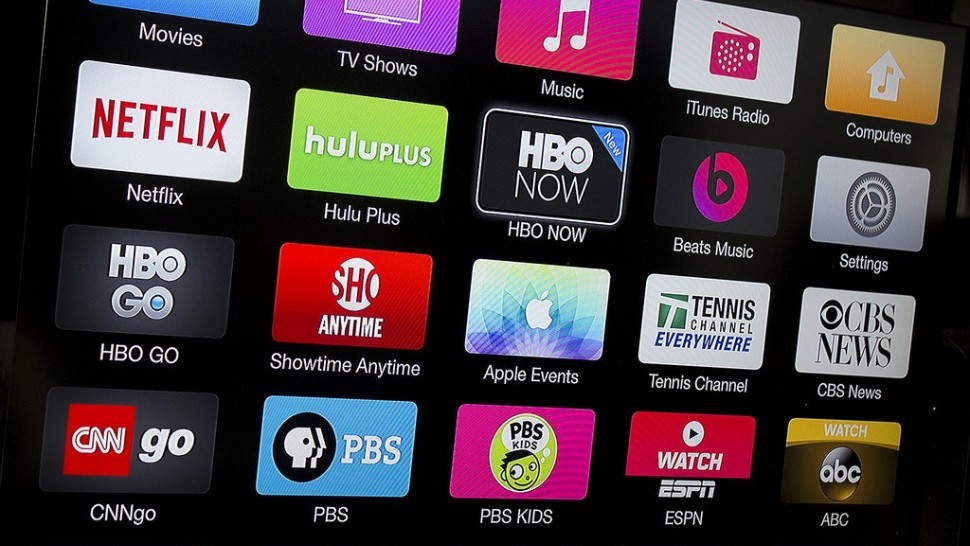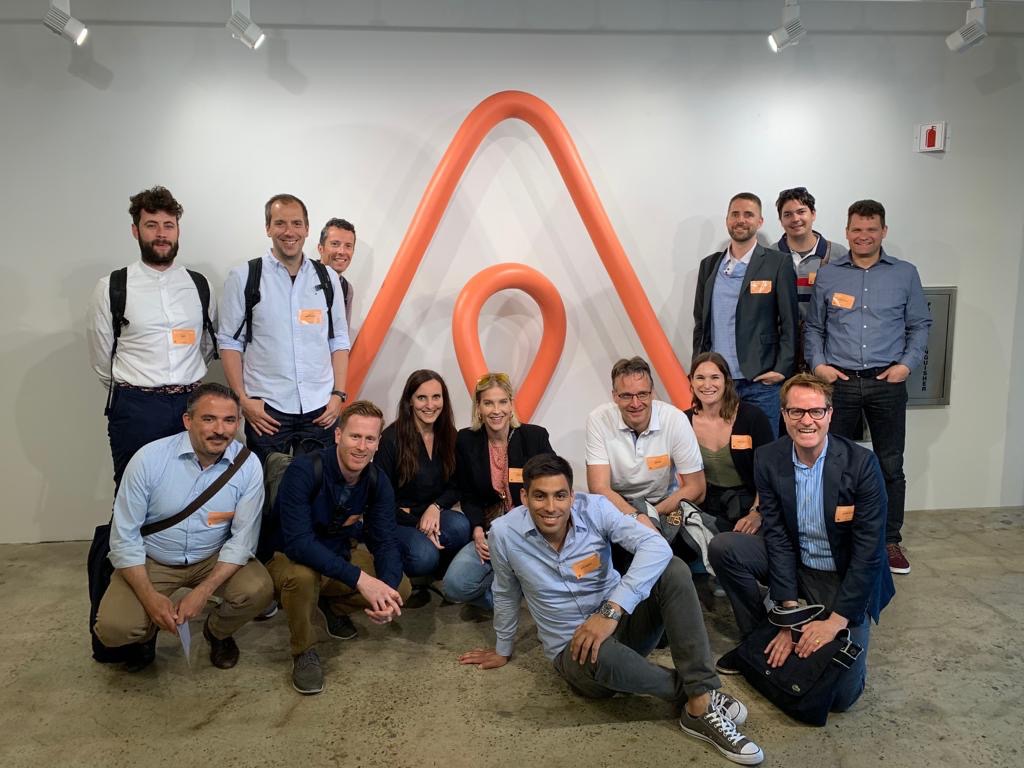THE EMPIRE STRIKES BACK! Google Takes on ChatGPT
nless you’ve been living under a rock for the past few months, you’ve heard about ChatGPT. ChatGPT was developed by OpenAI and launched in November 2022. It is built on top of OpenAI’s GPT-3 family of large language models and has been fine-tuned using both supervised and reinforcement learning techniques. Microsoft is ALL IN on AI, and was the first to partner and invest in ChatGPT, and just confirmed another investment into ChatGPT, rumored to be around $10 Billion. Artificial intelligence has the potential to change the landscape when it comes to how tech giants compete with each other, and some experts believe there will be a competitive AI landscape as companies seek ways to optimize business operations with machine learning. Microsoft announced the integration of ChatGPT into their BING search engine. A brilliant move by Microsoft to change the competitive situation in the search market! Which obviously raised alarms at Google’s headquarters in Mountain View: You dare go after Google in search, you better dress warm! We didn’t have to wait long at all for the reply: Google announced …









